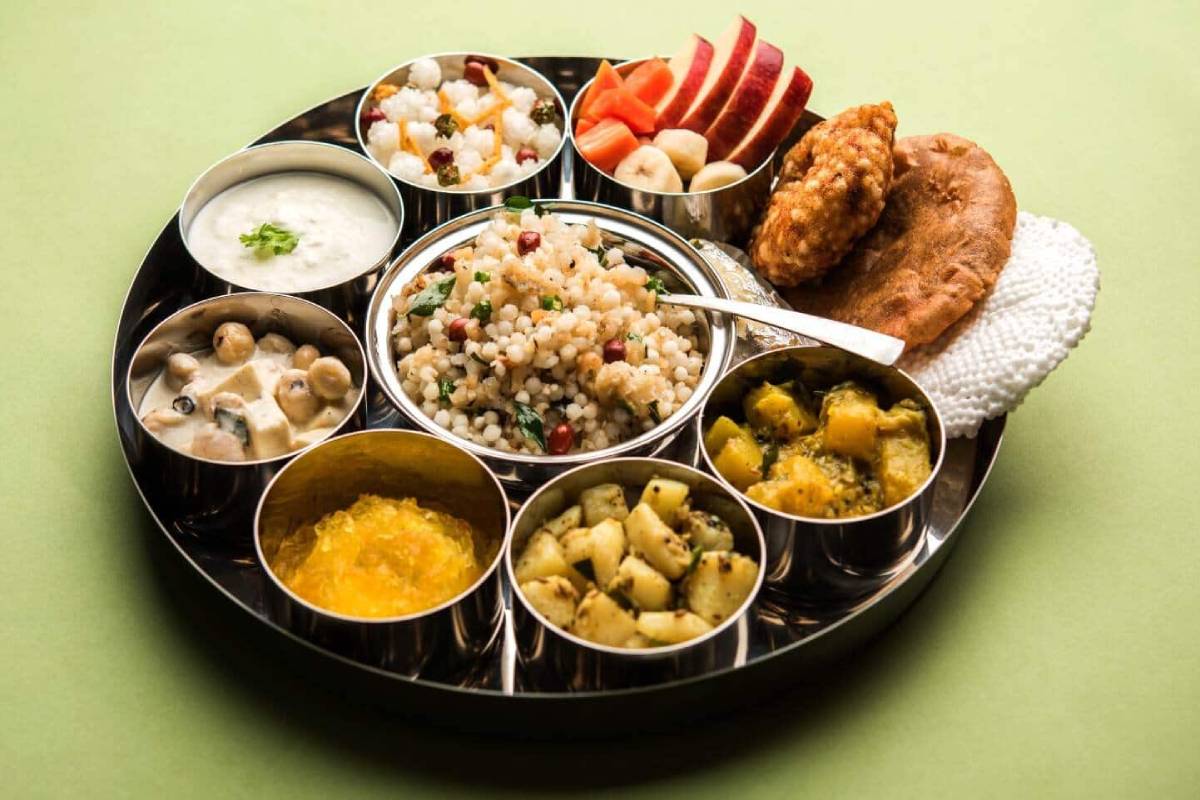Fasting can benefit our body in a number of ways but it can also cause several health issues if done incorrectly. Fasting during Navratri is linked with religious sentiments; however it also has deep meaning and science behind it. It is practiced primarily to detoxify the body and mind as, during this time of the year, there is a change in season and it prepares the body for it. Hence fasting during Navratri enables the body to face the change in seasonal factors with ease.
This is the reason it is celebrated twice in a year, once at the beginning of the summer and second at the onset of winter. Fasting occasionally during festivals is good for our digestive system and all other organs. The external energy saved due to absence of digestive process during fasting is felt on healing and detoxification but regular fasting is not at all recommended by Ayurveda or medical science, as it would damage our body system.
According to yoga expert Dr. Hansaji Yogendra, “A person should be mindful before fasting. It is important to make sure that our body is used to the food that we are going to consume during fasting from two days before fasting. It is important to know if a person is a diabetic then eating slowly-released carbs before and during fasting will keep blood sugar level in check. One must prefer foods like rolled oats, quinoa, sweet potatoes, carrot, chickpeas, apples, pears, oranges, strawberries, grapes etc”.
He also says, “All pregnant women, children, alcoholic people, with eye disorder, and people suffering from tuberculosis and diarrhea should avoid fasting. Healthy person can have all kinds of fruit, vegetables and dairy products during fasting. As fasting is a detox process for your body hence avoiding refined grains and cereals is important. It is recommended to avoid fried and oily fruit during fasting. The preferable methods of cooking are grilling, boiling steaming, twisting baking etc . Excess of chilies spices over oily preparation should be totally avoided”.
Dr. Yogendra further adds, “A person who is fasting should have limited physical activities but during non-fasting period make sure that a person should walk at least 15 to 20 minutes after meals”.
These nine days of fasting is like renewing and rejuvenating yourself. Meditation, yoga, and good food habits are recommended during these nine days of Navratri.
Advertisement









